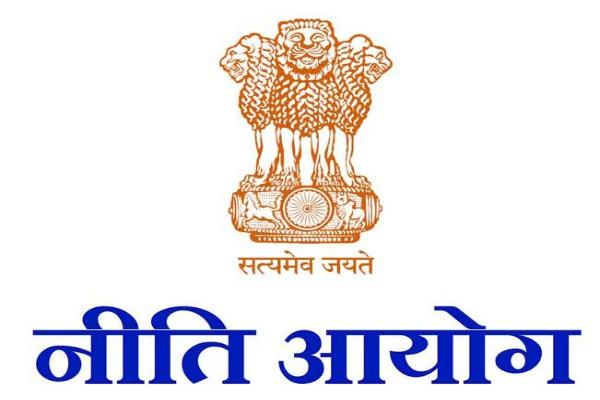Search
NITI Aayog: Objectives and Composition
March 08, 2018

Short for National Institution for Transforming India, NITI Aayog is the new economic think-tank of the government that replaced the Planning Commission (India’s former prime institution that used to draft the country’s 5-year plans, etc. and founded on March 15, 1950) on January 1, 2015.
Why was NITI Aayog established?
The government realized that the Planning Commission had completed more than 6 decades of existence and become outdated. Since it was based on a “one size fits all” formula, it was no longer able to address the diverse economic paradigms in the country. Thus, NITI was launched with a fresh approach.
What are the objectives of NITI Aayog?
The following are some of the key areas where Niti Aayog plays a major role:
- Addressing the national development priorities and devising strategies for the States to meet the national objectives.
- Creating a framework, i.e., a “national agenda” for the Prime Minister to review and act on.
- Creating and fostering an entrepreneurial support system with the help of various communities of experts.
- Creating plans and mechanisms at the village level, and then combining them progressively at the higher government level.
- Paying attention to sections of the society that are at risk of not benefitting from the various initiatives for the national economic development.
What is the composition of NITI Aayog?
The NITI Aayog is chaired by the Prime Minister. It has a governing council comprising of the chief ministers, and then there are regional councils that are set up on the need-basis and also headed by the respective chief ministers. All members are appointed on a full-time basis. However, as many as 2 part-time members can also be appointed on a rotational basis.
NITI Aayog is headquartered in New Delhi and has completed 3 years this year.
Important Links:
- MBA from UK University: https://ask.careers/courses/mba-from-uk-university/
- MBA for Executives: https://ask.careers/courses/mba-for-executives/
- Mumbai: https://ask.careers/cities/mumbai/
- TSCFM: https://ask.careers/institutes/tscfm/



